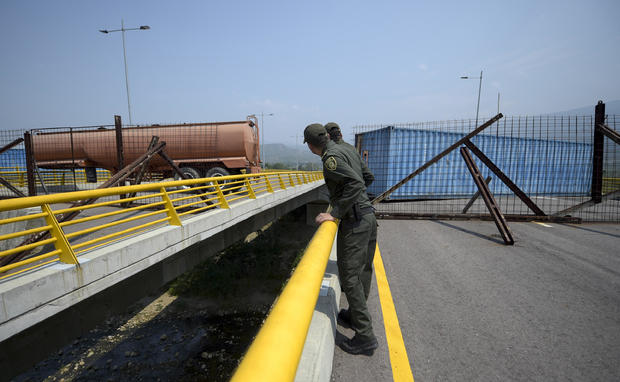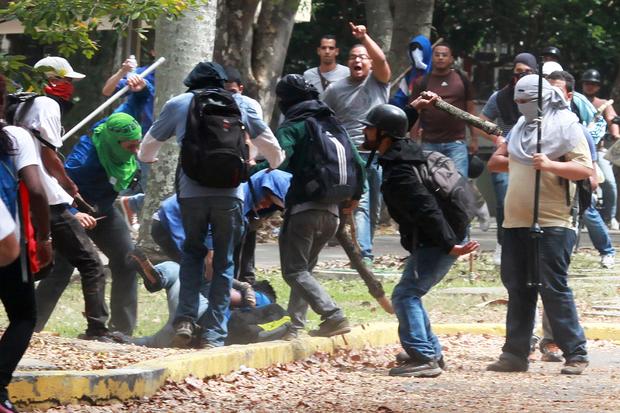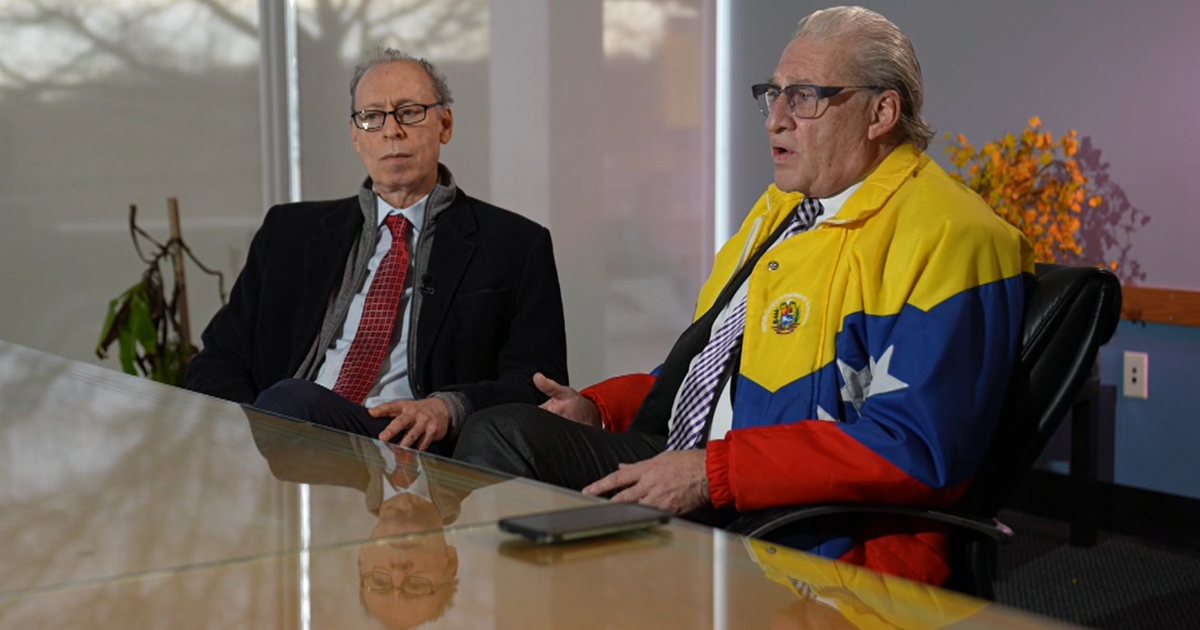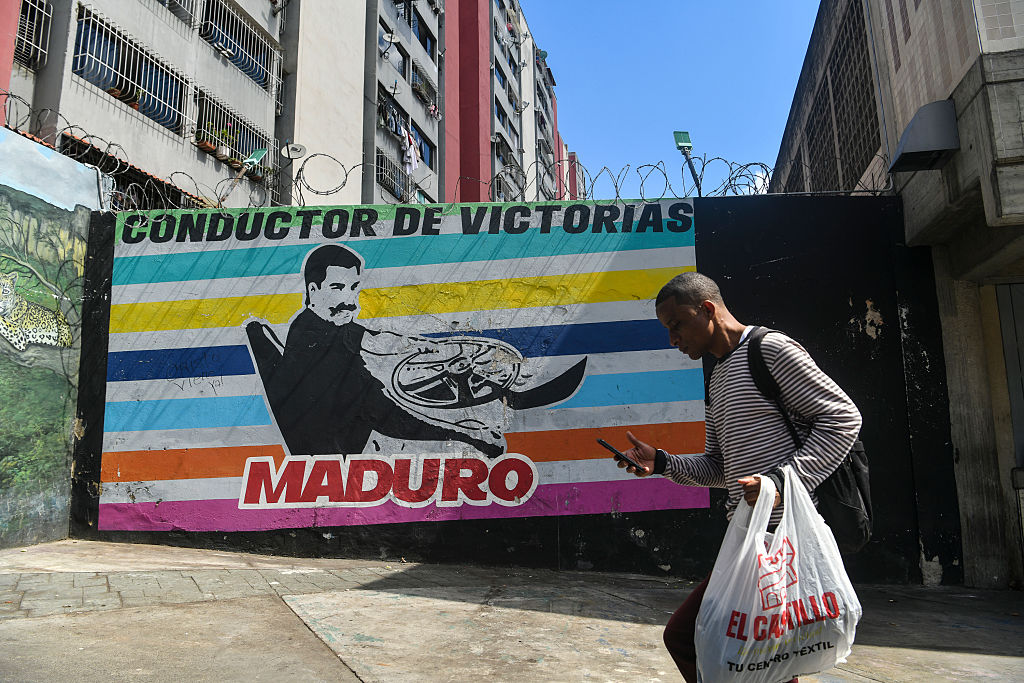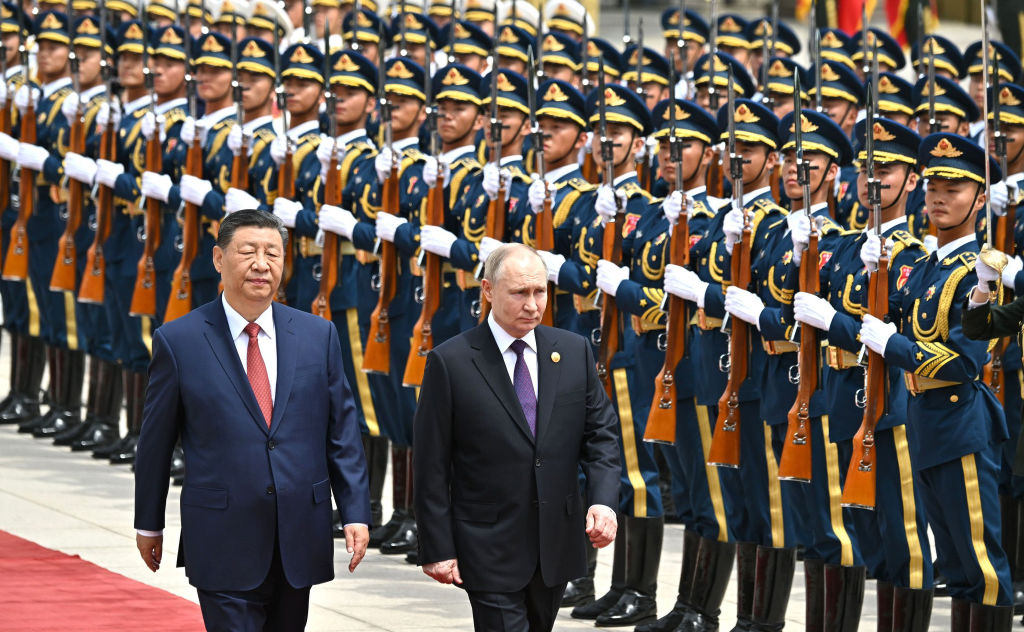Venezuela's Maduro tries to block U.S. humanitarian aid in power struggle with Juan Guaidó
Caracas -- There's growing concern that humanitarian aid desperately needed in Venezuela could become a pawn in the country's deepening political crisis. Forces loyal to embattled President Nicolas Maduro used a fuel tanker and cargo trailers on Wednesday to block a bridge that connects Venezuela and neighboring Colombia.
It happened as the U.S. sent aid requested by the Venezuelan opposition to Colombia, intended for delivery across the border.
CBS News correspondent Manuel Bojorquez is in Caracas, where food and medicine have been in desperately short supply for months. He reports that the efforts by the U.S. and other international donors -- coordinated with opposition leader and self-declared interim president Juan Guaidó -- to get aid into Venezuela could be the biggest test yet for the two men claiming to lead the country, and the forces behind them.
Guaidó stands to gain ground if he can help get the food and medicine to the places where it's desperately needed.
"We're going to succeed in getting this #HumanitarianAid in because it's about saving lives!" Guaidó said in a tweet early Thursday morning. He said his U.S.-backed shadow administration was working "every day" to get the aid into Venezuela, and accused the Maduro regime of "keeping the medicines and food from those who urgently need them."
Maduro's supporters, however, insist they can't be bought.
Bojorquez visited one west Caracas neighborhood where the sentiment is about as pro-Maduro as it gets. It's controlled by a so-called "colectivo," or collective -- one of many civilian groups that act as a quasi-police force, to enforce the rule of the government.
Jefferson Gonzalez, part of the local colectivo, tells Bojorquez he isn't worried about who is going to be president in Venezuela, because in his view, there is no leader but Maduro.
Maduro sent his own tweet on Thursday morning, noting that the U.S. has maintained a trade embargo on his government's close ally Cuba for 57 years -- the same American "empire" which he said currently "besieges our homeland."
"The worthy peoples of the world, we will continue our battle for our right to be free and independent," said Maduro.
The colectivo control access to virtually all the resources in the area, and access to the airwaves. They provide their message directly to the residents. They even have their own currency, but there are few places to spend it.
At stores where food is available, there are long lines. Gonzalez says the working class neighborhood's name, "Panal" or hive, is also a warning.
"You're worker bees," he says, "but it's also, 'we'll sting you if you attack.'"
In fact, the colectivos can be more like armed gangs. They're believed to have been part of an attack on opposition lawmakers in 2017, and they vow to stand by Maduro until the end.
But there are signs that support for the president, within the all-important military apparatus, is cracking.
One junior officer from Venezuela's National Guard agreed to speak with CBS News' Elizabeth Palmer this week on the condition that we hide his face and disguise his voice.
"We are suffering just like the people," he said. "My salary isn't even enough to buy food."
While Maduro appears almost daily in front of groups of his troops on state TV, to show the military's support for him, the anonymous officer told CBS News that many in uniform are now just waiting for one thing: "All we need is a high-ranking general to rebel, to lead the way."
White House National Security Advisor John Bolton has said the U.S. will consider lifting sanctions on any senior military officers who switch sides to back Guaidó.
But so far, the vast majority are standing firm.
